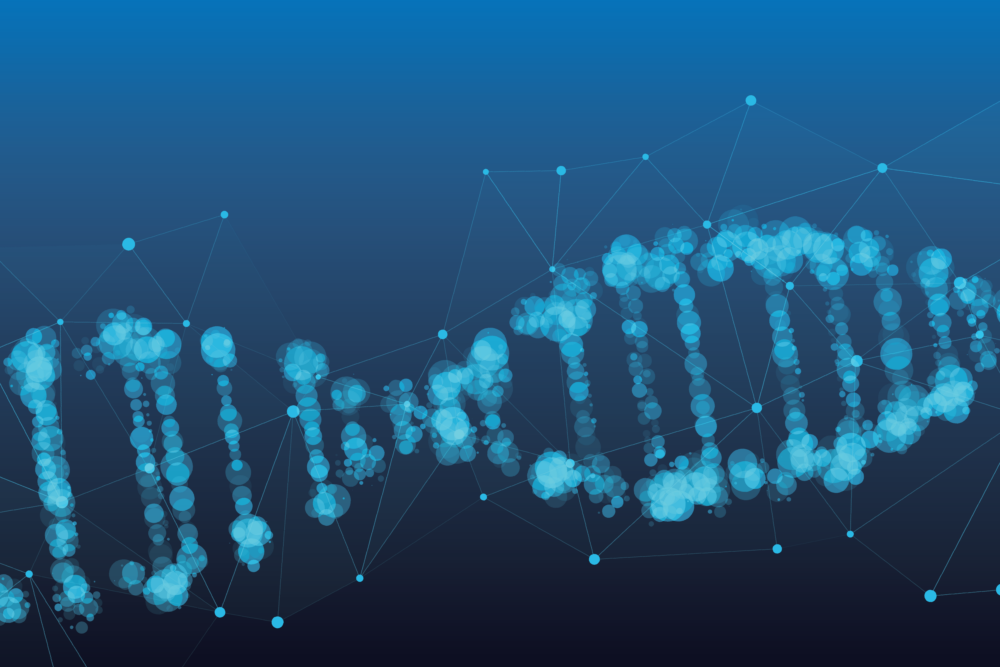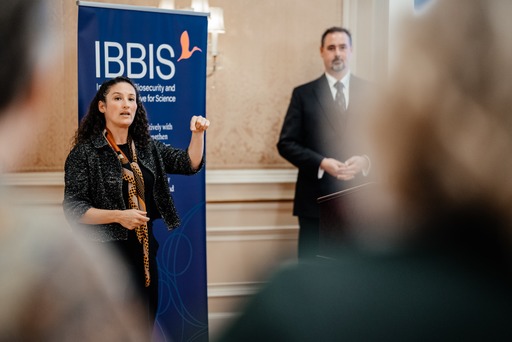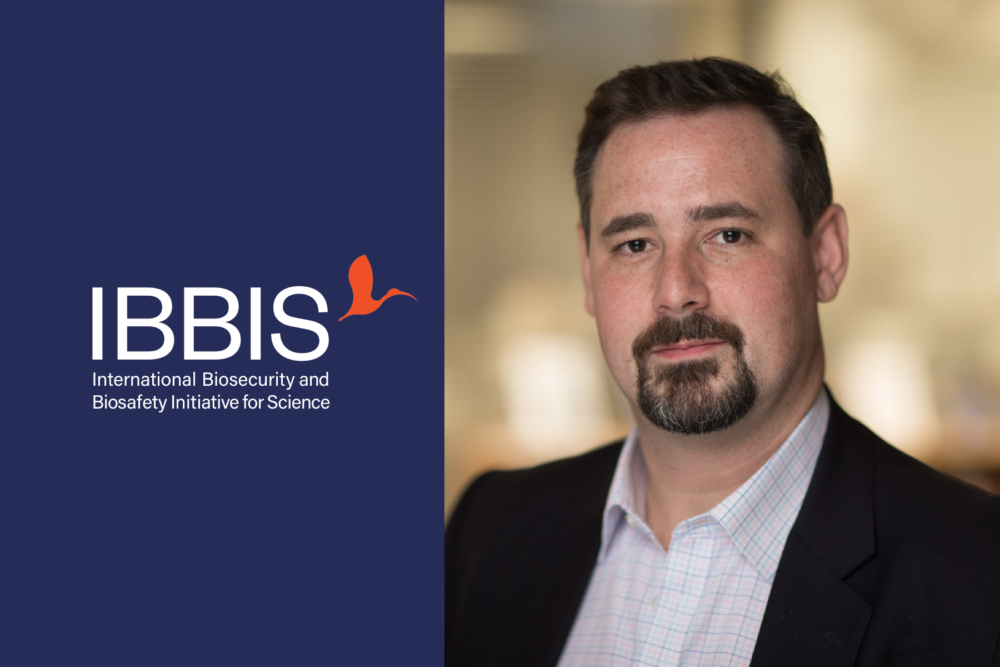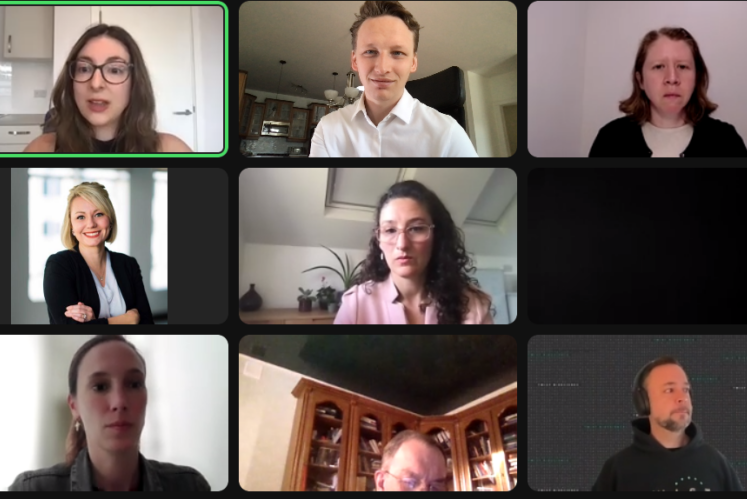
Sarah R. Carter
Principal, Science Policy Consulting
Synthetic DNA is used by bioscience laboratories globally and plays a fundamental role in bioscience, biotechnology, and biomanufacturing advances applied to a range of areas from agricultural products to pharmaceuticals to advanced fuels. A new generation of benchtop DNA synthesis devices—machines designed to be used on any lab workbench—will soon enable users to print DNA more quickly and easily in their own laboratories. This new technology could disrupt the traditional DNA synthesis market, in which customers order DNA online from a select set of providers, making it harder to safeguard DNA synthesis technology and to prevent bad actors from obtaining the building blocks of dangerous pathogens. A new NTI | bio report released today, Benchtop DNA Synthesis Devices: Capabilities, Biosecurity Implications, and Governance, describes the status of this rapidly advancing technology, explains the risks for biosecurity, and recommends action and oversight by governments, industry, and the scientific community to reduce the risks.
Report authors Sarah R. Carter, Ph.D., NTI | bio Vice President Jaime M. Yassif, Ph.D., and NTI | bio Program Officer Christopher R. Isaac drew on more than 30 interviews with experts from benchtop DNA synthesis companies, the broader biotechnology industry, the biosecurity and bioscience research communities, and other sectors to make recommendations to safeguard benchtop DNA synthesis devices.
“Our report explains the status of this rapidly advancing technology, and it provides important context about the implications for the larger conversation we are having about biosecurity and emerging biological risks. By carefully examining these issues, our goal was to identify a workable path forward for safeguarding the next generation benchtop synthesis devices,” said Carter.
The new generation of benchtop synthesis devices promises faster and more convenient access to DNA for bioscience researchers and biotechnologists, which could facilitate valuable discoveries and innovation. However, there are currently no formal guidelines for oversight for these new devices and no codified approach internationally. The shift from a centralized DNA synthesis market to a distributed one, which these devices are likely to engender, will democratize access to this important technology but also could reduce barriers for bad actors seeking to use biology to cause harm.
“Governments, industry, and the broader scientific community need to put stronger safeguards in place to ensure this technology is not exploited by malicious actors and that it doesn’t lead to a catastrophic accident,” Yassif said. “DNA synthesis technology is essential for basic bioscience research and biotechnology advances, but we must use it wisely.”
The report recommendations further NTI | bio’s work to prevent the misuse of DNA synthesis technology. This includes the establishment of an international Common Mechanism for DNA synthesis screening, and the International Biosecurity and Biosafety Initiative for Science (IBBIS), which will be launched this year as an independent organization to reduce emerging biological risks associated with rapid technology advances.
Sign up for our newsletter to get the latest on nuclear and biological threats.
NTI experts briefed government representatives at a G7 working group meeting in Berlin.
NTI announces Dr. Piers Millett as the founding executive director of IBBIS, a new global biosecurity organization.
NTI | bio and the World Economic Forum (WEF) convened the third annual meeting of the Technical Consortium on DNA Synthesis Screening on May 12-13, 2022.



